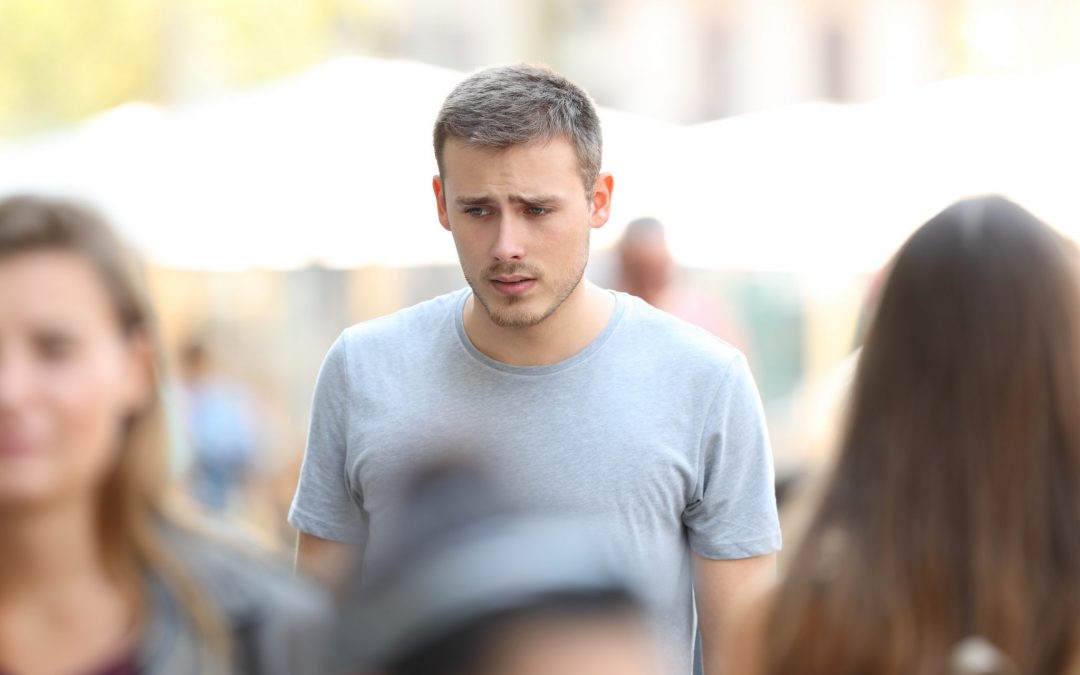In today’s hyper-connected world, social media has become an integral part of our daily lives and can have an effect on social anxiety. While it offers numerous benefits, it also presents unique challenges, particularly for those struggling with social anxiety. At Molina Psychiatric Associates, we understand the profound impact that social media can have on mental health. Our compassionate approach aims to help individuals navigate these challenges with tailored strategies and support.
Understanding Social Anxiety
Social anxiety disorder is characterized by intense anxiety and discomfort in social situations, driven by a fear of being judged, embarrassed, or rejected. This condition can significantly impair an individual’s ability to interact in public, often leading to avoidance of social engagements. With social media becoming a dominant form of communication, those with social anxiety face new hurdles that can exacerbate their condition.
The Impact of Social Media on Social Anxiety
Social media platforms are designed to connect people, but for those with social anxiety, they can become a double-edged sword. Here’s how social media can impact social anxiety:
Comparison and Self-Esteem: Social media fosters an environment of constant comparison. Seeing curated, idealized versions of others’ lives can lead to feelings of inadequacy and low self-esteem, which are detrimental to those already struggling with social anxiety.
Fear of Missing Out (FOMO): The perpetual stream of updates and events can create a fear of missing out, amplifying feelings of isolation and exclusion.
Negative Feedback: The possibility of receiving negative comments or being ignored can heighten anxiety. The virtual nature of social interactions can make it difficult to interpret social cues, increasing the stress of communication.
Coping Strategies for Social Anxiety in the Digital Age
At Molina Psychiatric Associates, we advocate for a comprehensive approach to managing social anxiety, especially in the context of social media. Here are some strategies we recommend:
1. Mindful Social Media Use
- Limit Time Online: Set boundaries for your social media use. Allocate specific times for checking social media to prevent it from dominating your day.
- Curate Your Feed: Follow accounts that promote positivity and unfollow those that trigger anxiety or negative feelings. Engage with content that inspires and uplifts you.
2. Focus on Real-life Interactions
- Prioritize In-Person Connections: Make a conscious effort to spend time with friends and family in person. Real-life interactions can provide the emotional support and reassurance that virtual connections often lack.
- Engage in Social Activities: Join clubs, groups, or classes that interest you. Structured social settings can provide a safer environment to practice social skills and build confidence.
3. Develop Healthy Habits
- Exercise Regularly: Physical activity can reduce anxiety levels and improve overall mental health. Consider activities like yoga or walking, which also offer opportunities for social engagement.
- Practice Relaxation Techniques: Techniques such as mindfulness meditation, deep breathing exercises, and progressive muscle relaxation can help manage anxiety symptoms.
4. Seek Professional Support
- Therapy and Counseling: Cognitive-behavioral therapy (CBT) has been proven effective in treating social anxiety. Working with a therapist can help you develop coping strategies tailored to your needs.
- Medication: In some cases, medication may be prescribed to manage symptoms. Consult with a psychiatrist to explore this option if necessary.
5. Educate Yourself
- Learn About Social Anxiety: Understanding your condition can empower you to manage it better. Read books, attend workshops, and join support groups to gain insights and support.
- Stay Informed About Social Media: Educate yourself on the potential impacts of social media on mental health. Knowledge can help you navigate these platforms more mindfully.
Contact Us Today
Navigating social anxiety in the digital age requires a balanced approach that incorporates mindful social media use, real-life interactions, healthy habits, professional support, and ongoing education. At Molina Psychiatric Associates, we are committed to providing compassionate, personalized care to help you manage social anxiety and thrive in both the digital and real worlds. Remember, every person’s journey is unique, and with the right support and strategies, you can lead a fulfilling and connected life. Contact us today to schedule an appointment.
FAQs
How does social media affect social anxiety? Social media can exacerbate social anxiety by fostering comparison, creating fear of missing out (FOMO), and increasing the likelihood of negative feedback.
Can limiting social media use help with social anxiety? Yes, setting boundaries and limiting time on social media can reduce anxiety triggers and promote mental well-being.
What are some healthy habits to manage social anxiety? Regular exercise, relaxation techniques, and prioritizing in-person connections are effective strategies for managing social anxiety.
Is therapy effective for social anxiety? Yes, cognitive-behavioral therapy (CBT) is particularly effective in treating social anxiety by helping individuals develop coping strategies.
Can medication help with social anxiety? In some cases, medication may be prescribed to manage symptoms. Consult with a psychiatrist to explore this option.
How can I curate my social media feed to reduce anxiety? Follow accounts that promote positivity and unfollow those that trigger negative feelings. Engage with content that inspires and uplifts you.
